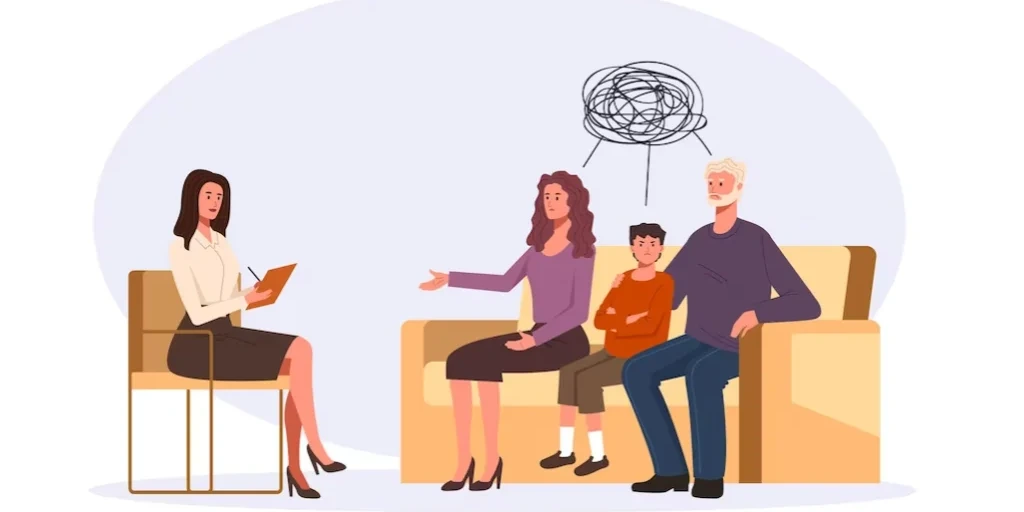24/7 Helpline:
(866) 899-111424/7 Helpline:
(866) 899-1114
Learn more about Outpatient Rehab centers in Owatonna
Outpatient Rehab in Other Cities

Beauterre Recovery Institute
Beauterre Recovery Institute is a private rehab located in Owatonna, Minnesota. Beauterre Recovery I...

South Central Human Relations Center – Dual Recovery Program
South Central Human Relations Center – Dual Recovery Program is a non-profit rehab located in Owaton...

Owatonna Hospital – Behavioral Health
Owatonna Hospital – Behavioral Health is a private rehab located in Owatonna, Minnesota. Owatonna Ho...

West Hills Lodge
West Hills Lodge is a private rehab located in Owatonna, MN. West Hills Lodge specializes in the tre...



Safe Harbour
Safe Harbour is a private rehab located in Owatonna, Minnesota. Safe Harbour specializes in the trea...




Other Insurance Options

CareFirst

Medical Mutual of Ohio

Sutter

ComPsych

GEHA

UMR

Evernorth

MHNNet Behavioral Health

MVP Healthcare

Coventry Health Care

Health Partners

Regence

Molina Healthcare

State Farm

Holman Group

Cigna

WellPoint

Meritain

Optum

Absolute Total Care